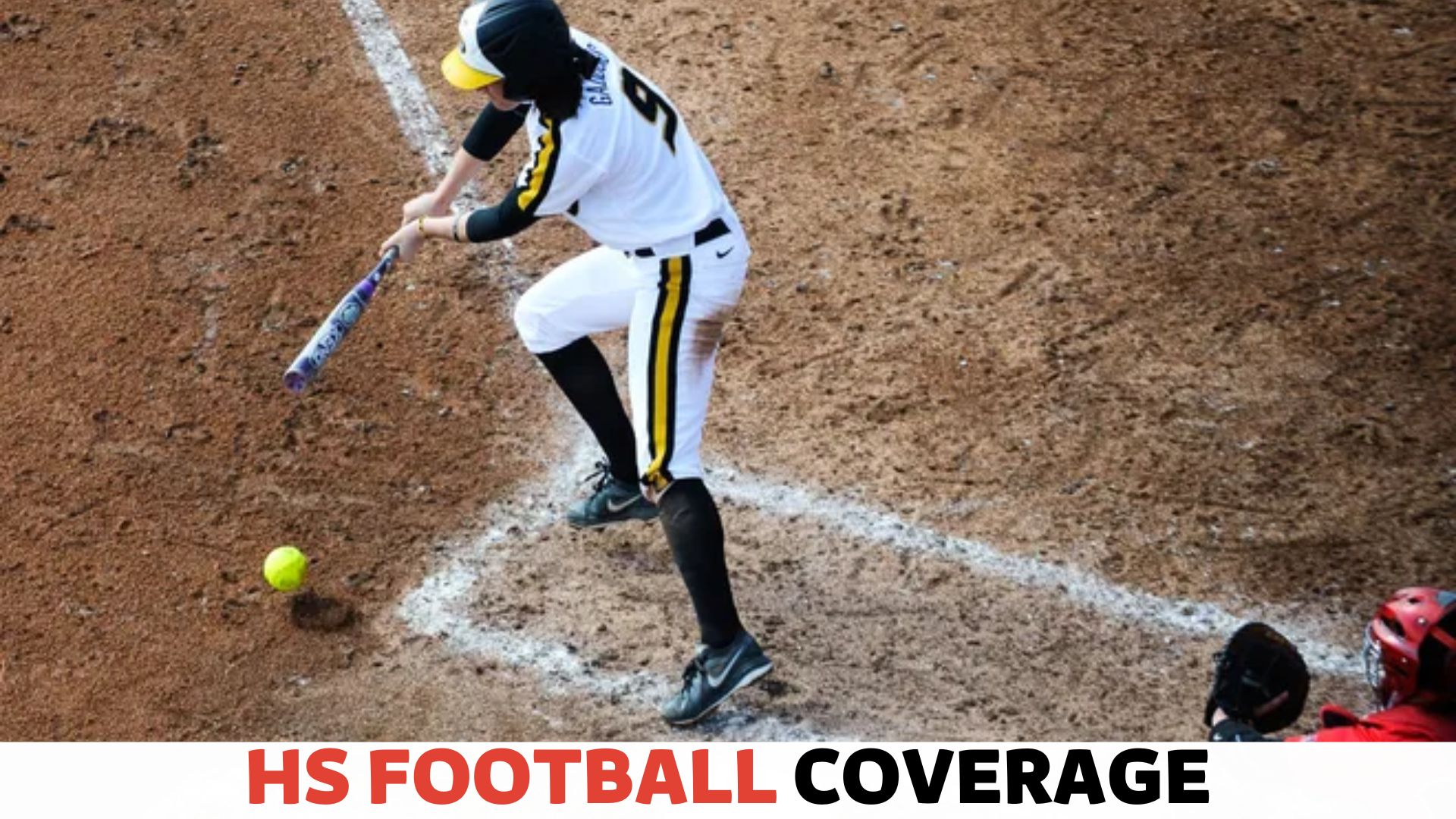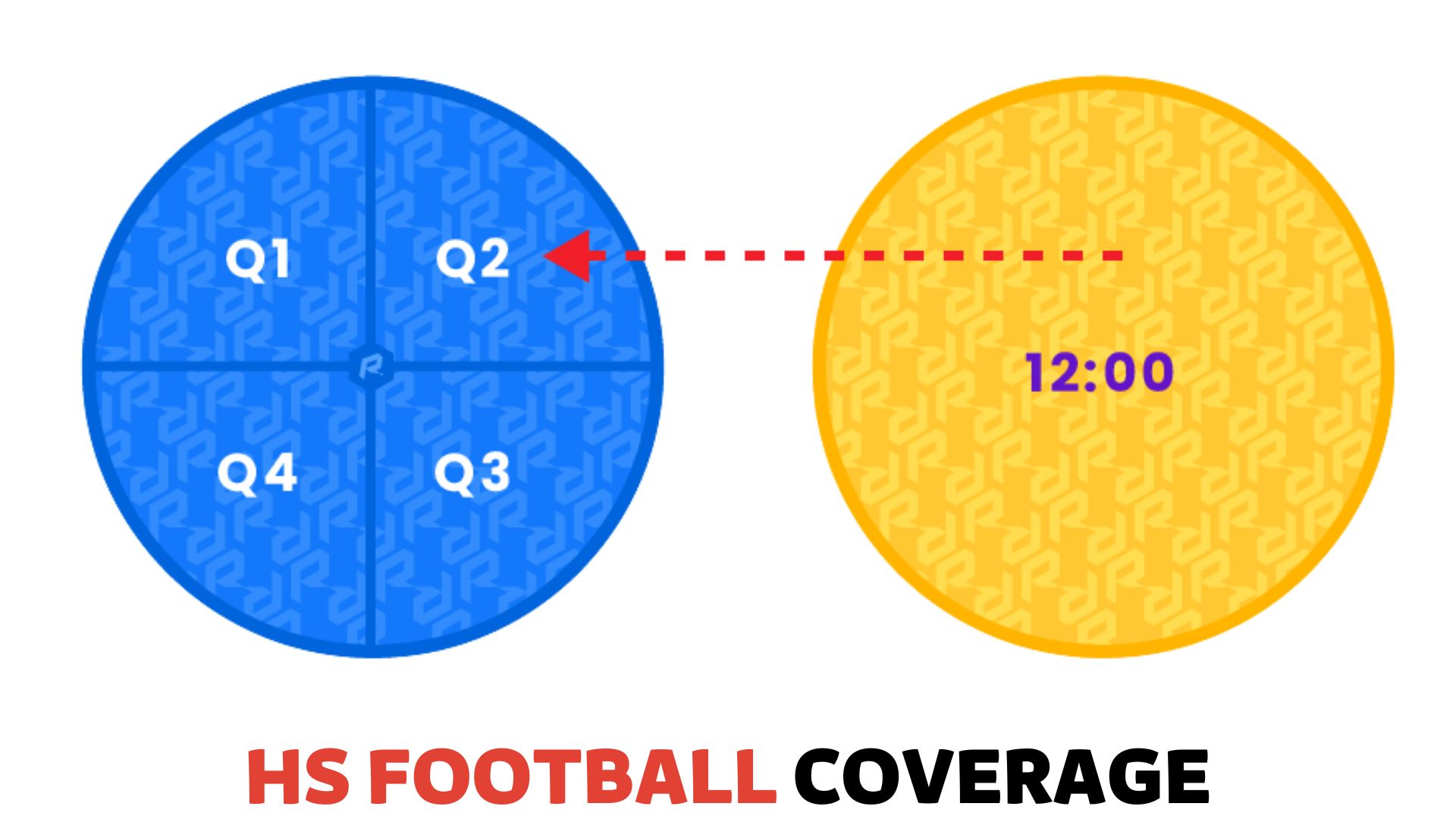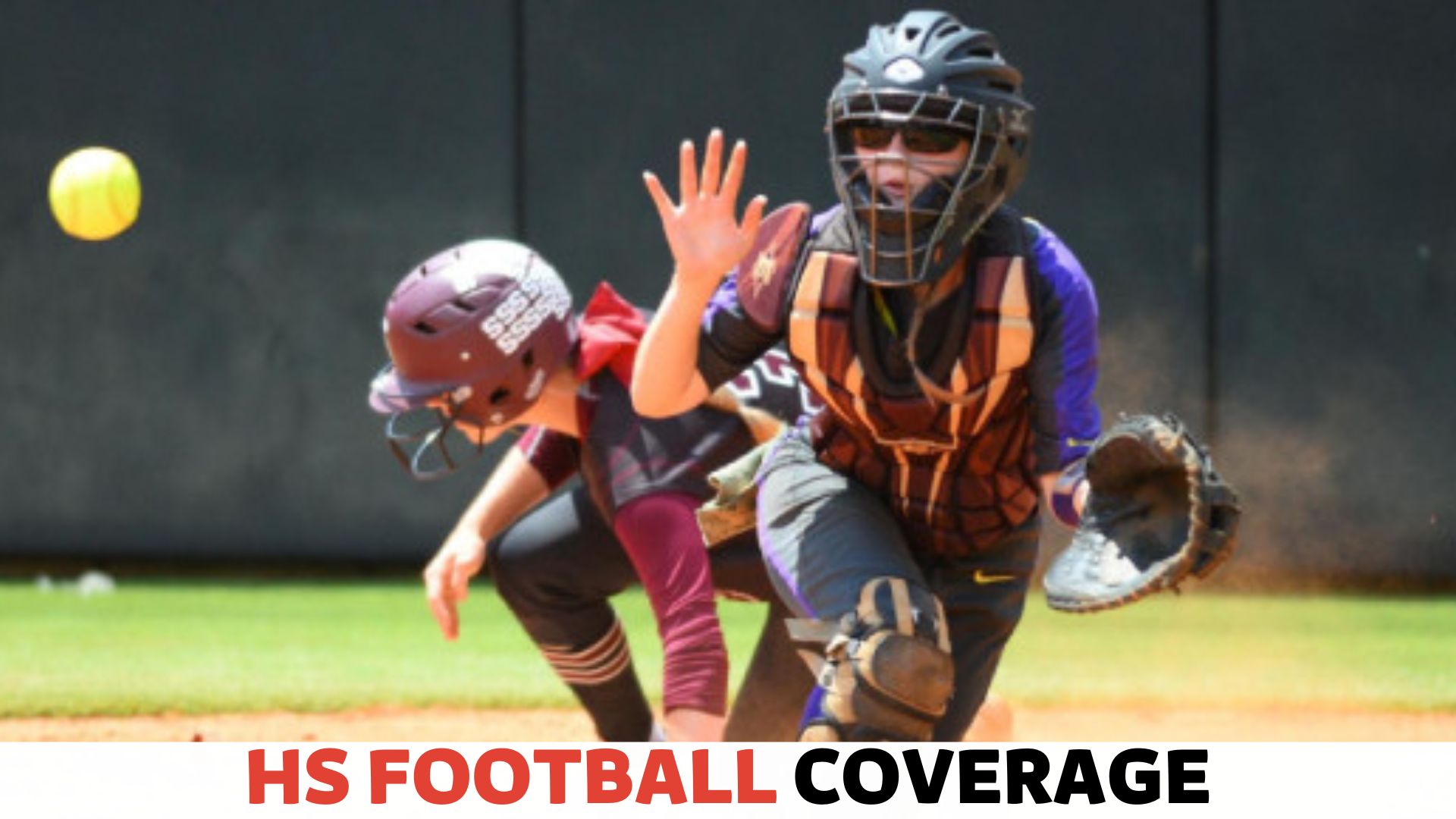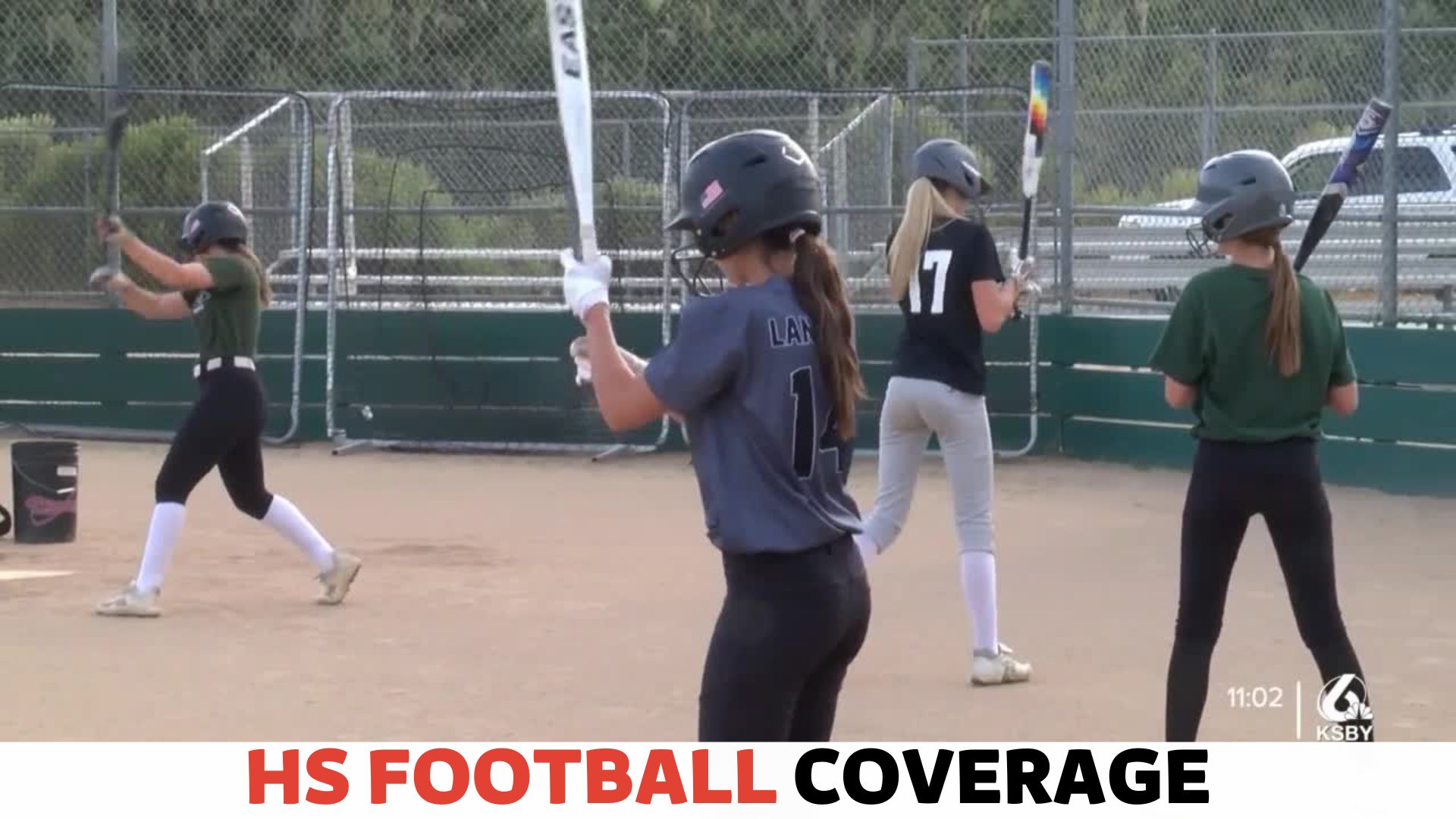
High school players can try out for college baseball teams and potentially earn a spot on the roster. Participating in tryouts allows high school players to showcase their skills and abilities to college coaches and recruiters, increasing their chances of being recruited to play at the collegiate level.
This opportunity allows high school players to compete alongside more experienced players, improving their game and gaining valuable experience.
College baseball teams often hold open tryouts or scouting events to evaluate potential recruits, providing a platform for high school players to demonstrate their talent and potential.
An impressive performance during these tryouts could lead to an invitation to join a college baseball team, opening doors for future opportunities and furthering their athletic career.
Understanding the Requirements for High School Players to Try Out for College Baseball Teams
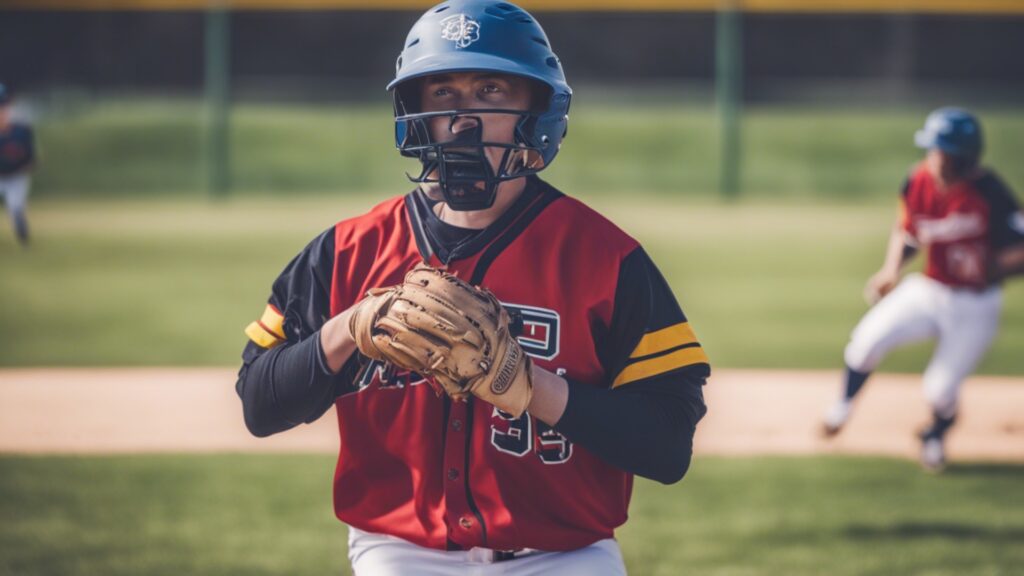
High school players wondering if they can try out for college baseball teams need to understand the requirements.
Meeting academic standards, showcasing skills, and building a strong athletic resume are key factors in securing a chance at the next level of play.
Eligibility Criteria for High School Players Aspiring to Play College Baseball
Before high school players can try out for college baseball teams, they must understand the eligibility criteria set by college athletics associations.
The National Collegiate Athletic Association (NCAA) is the primary association governing college baseball. It establishes specific guidelines to ensure fair play and maintain the integrity of college sports.
High school players must meet certain requirements to be eligible to try out for a college baseball team. These requirements include:
- Graduating from high school: High school players must complete their education and graduate from an accredited institution before being considered for college baseball teams. Graduating from high school is crucial, as it demonstrates a player’s commitment to their education and athletic abilities.
- Age requirements: Each college baseball program has specific age requirements for incoming players. High school players must research and understand the age requirements of the colleges they are interested in. This ensures that they align with the age criteria set by the NCAA and individual college programs.
- Amateur status: Maintaining amateur status is another significant requirement for high school players aspiring to play college baseball. Players must not have participated in professional baseball leagues or received payment for their athletic abilities.
Minimum Age and Grade Requirements
Every college baseball program has its own specific minimum age and grade requirements.
However, high school players looking to try out for college baseball teams should have completed their high school education and be at least 18 years old.
Some college programs might also have specific grade requirements, requiring players to have completed a certain number of academic years before joining the team.
High school players must research the age and grade requirements of the colleges they are interested in to determine their eligibility.
Meeting these requirements helps prepare players for college baseball’s competitive and academic challenges.
Academic Requirements and Maintaining a Good GPA
Apart from athletic prowess, high school players must meet academic requirements and maintain a good Grade Point Average (GPA) to be eligible for college baseball teams.
College athletics associations like the NCAA emphasize student-athletes’ academic success.
High school players must regularly attend classes, complete assignments, and achieve good grades to meet the academic eligibility criteria set by the NCAA.
Each college baseball program may have specific GPA requirements that players must meet to try out for the team.
Players need to prioritize their studies alongside their athletic commitments to maintain their eligibility and ensure a successful transition to college baseball.
Scouting Process and Formal Recruitment
High school players should understand the scouting process and formal recruitment procedures to increase their chances of being noticed by college baseball programs.
College baseball coaches and scouts seek talented players to join their teams.
Scouts typically attend high school games, tournaments, and showcases to evaluate the skills and potential of high school players.
They assess players based on their abilities in various aspects of the game, such as hitting, pitching, fielding, and athleticism.
High school players can also take proactive steps to get noticed by college coaches. These steps include creating a highlight video of their performances, attending college baseball camps and showcases, and contacting college coaches to express interest in their programs.
When a college program is interested in recruiting a player, it may extend a formal offer. Formal recruitment might involve an official visit to the college campus and discussions.
The coaching staff and a deeper exploration of the academic and athletic opportunities the college baseball program offers.
Developing Skills and Achieving Milestones for High School Players Wanting to Make College Baseball Teams
High school players looking to join college baseball teams can develop skills and achieve important milestones.
With proper training, practice, and dedication, these players can try out for the college teams of their choice and pursue their dreams of playing at the collegiate level.
Developing Skills and Achieving Milestones for High School Players Wanting to Make College Baseball Teams
High school is crucial for athletes who aspire to play college baseball. During these formative years, players have the opportunity to develop the fundamental skills vital for success at the next level.
From refining their technique to shaping their overall physical fitness, the journey to making a college baseball team requires dedication, hard work, and strategic planning.
This article will explore the importance of developing fundamental high school baseball skills, focusing on strength and conditioning training, joining summer leagues and showcase events, and achieving notable accomplishments and milestones in high school baseball.
Importance of Developing Fundamental Baseball Skills in High School
High school baseball players must focus on honing their fundamental skills to excel at the college level.
These skills include batting, pitching, fielding, base running, and throwing. By devoting time and effort to cultivating these skills, players enhance their chances of catching the attention of college coaches.
Working on the fundamentals establishes a strong foundation for players to build as they progress in their baseball careers.
Focus on Strength and Conditioning Training
Aside from mastering the technical aspects of the game, high school players should prioritize building their physical strength and overall conditioning.
Strength and conditioning training improves performance on the field and helps prevent injuries. Players can incorporate exercises that target muscle development, agility, speed, and endurance into their training routines.
Effective strength and conditioning programs are often designed to enhance power, explosiveness, and flexibility, allowing players to reach their full athletic potential.
Joining Summer Leagues and Showcase Events
High school players can gain exposure and increase their chances of making a college baseball team by participating in summer leagues and showcase events.
Summer leagues provide players additional playing time outside of their high school season, enabling them to showcase their skills to college coaches and scouts.
Showcase events, on the other hand, bring together talented athletes from various regions, allowing players to compete against top-level competition.
These events serve as platforms for players to gain recognition, make connections, and catch the eye of potential college recruiters.
Achieving Notable Accomplishments and Milestones in High School Baseball
Another crucial aspect for high school players aiming to make college baseball teams is achieving noteworthy accomplishments and milestones within their high school careers.
This can include receiving accolades such as All-Conference or All-State honors, achieving high statistics in batting or pitching categories, breaking school records, or leading their team to championships.
Notable achievements and milestones showcase a player’s abilities, dedication, and work ethic, which college coaches highly value during recruitment.
By consistently pushing themselves to reach new heights, high school players increase their chances of standing out amongst their peers and catching the attention of college programs.
In conclusion, the journey of high school players wanting to make college baseball teams involves developing fundamental skills, focusing on strength and conditioning training, participating in summer leagues and showcase events, and achieving notable accomplishments and milestones.
By adhering to these strategies and consistently pushing themselves, high school players can position themselves for success and increase their chances of making their dreams of playing college baseball a reality.
Exploring Opportunities for High School Players to Showcase Their Talents to College Coaches
Showcasing their talents to college coaches is crucial for high school baseball players who dream of playing at the college level.
These players need to understand the various opportunities available to stand out from the competition and catch the attention of college recruiters.
This section will explore different strategies and tactics that high school players can utilize to increase their chances of being noticed and recruited by college baseball teams.
Attending College Baseball Camps and Showcases
One effective way for high school baseball players to showcase their skills to college coaches is by attending college baseball camps and showcases.
These events provide an ideal platform for players to demonstrate their talents in a highly competitive and organized setting.
Attending these camps and showcases allows players to stand out from the crowd and to be evaluated directly by college coaches.
Some benefits of attending college baseball camps and showcases include:
- Receiving expert coaching and feedback from college coaches
- Competing against top-level talent to gauge one’s skills
- Gaining exposure and visibility to multiple college coaches
By participating in these events, high school players can gain valuable experience and receive valuable guidance from college coaches, increasing their chances of catching the attention of recruiters.
Showcasing Skills Through Highlight Videos and Game Footage
In today’s digital age, high school players can utilize technology to showcase their skills through highlight videos and game footage.
Creating visually captivating and professionally edited highlight reels allows players to highlight their best plays, skills, and athleticism.
These videos can be easily shared with college coaches via email, social media, or uploaded to recruiting websites.
Here are a few tips for creating impactful highlight videos:
- Select the best and most compelling clips that showcase your skills
- Ensure the video is well-edited, with clear and concise transitions
- Add relevant information such as your name, contact information, and key stats
- Include footage from different game situations and positions to showcase versatility
By showcasing their skills through highlight videos and game footage, high school players can provide college coaches with a comprehensive overview of their abilities, increasing their chances of catching the attention of recruiters.
Networking and Building Connections With College Coaches
Building relationships and connections with college coaches is a vital aspect of the recruitment process for high school players.
While attending camps and showcases provides opportunities to interact with coaches, players can also take proactive steps to network and build connections independently.
Here are some strategies for networking with college coaches:
- Attend college games and introduce yourself to the coaching staff
- Reach out to coaches via email, introducing yourself and expressing interest
- Develop a rapport with coaches by engaging in meaningful conversations
- Ask for advice on improving skills and becoming a better player
By networking and building connections with college coaches, high school players can establish a personal connection, increasing their chances of being noticed and remembered by recruiters.
Showcasing Versatility and Adaptability on the Field
When recruiting high school players, college coaches seek athletes who are versatile and adaptable on the field.
While excelling in a specific position is important, players who can demonstrate their ability to play multiple positions or adapt to different game situations have a competitive edge.
- Training and practicing in different positions to showcase versatility
- Learning and understanding the strategies and tactics of different positions
- Highlighting adaptability by showcasing the ability to perform under pressure
By showcasing versatility and adaptability, high school players demonstrate their ability to contribute effectively to a college team and catch the attention of recruiters looking for well-rounded athletes.
Factors to Consider When Evaluating College Baseball Programs for High School Players
High school players must carefully evaluate the different programs available when pursuing a college baseball career.
While every player’s preferences may differ, certain key factors should be considered.
Some critical aspects that high school players should focus on are assessing the program’s competitiveness and level of play, evaluating the coaching staff and their development strategies, and considering.
The location, campus environment, and the program’s success rate in placing players at higher levels will be examined. Let’s delve deeper into each of these factors to understand their importance.
Assessing the Program’s Competitiveness and Level of Play
The competitiveness and level of play of a college baseball program can significantly impact a high school player’s growth and opportunities for advancement.
The higher the level of play, the more challenging and intense the competition, which can push players to reach their full potential.
High school players must assess the program’s team’s performance in recent seasons, particularly against strong opponents.
This evaluation can provide valuable insights into the program’s competitiveness and give players an idea of the level of play they can expect.
Evaluating the Coaching Staff and Their Development Strategies
A talented and dedicated coaching staff can tremendously impact a high school player’s development throughout their college baseball journey.
When evaluating college baseball programs, the coaching staff’s experience, qualifications, and track record must be thoroughly assessed.
High school players should research the coaches’ ability to develop players on and off the field, their coaching philosophy, and their approach to skill development and player improvement.
A good coaching staff can provide guidance and support to help high school players thrive and achieve their potential.
Considering the Location and Campus Environment
The location and campus environment of a college baseball program can significantly impact a high school player’s overall experience.
Each player has their preferences regarding the setting in which they thrive. Some may enjoy the excitement of a bustling city, while others prefer a more serene and peaceful environment.
High school players need to consider factors such as proximity to home, climate conditions, campus facilities, and the overall vibe of the college campus.
Feeling comfortable and connected to the environment can greatly contribute to a player’s happiness and success in college baseball.
Looking at the Program’s Success Rate in Placing Players at Higher Levels
For many high school players, the ultimate goal is to progress to higher levels of baseball, such as professional leagues or national teams.
Therefore, evaluating the program’s success rate in placing players at these levels is crucial. Researching the number of players who have advanced to professional baseball leagues.
the success stories of alumni and the program’s reputation within the industry can give high school players a good indication of the opportunities available.
A program with a strong track record of player development and advancement can provide valuable exposure and networking opportunities that greatly benefit a player’s long-term career aspirations in baseball.
Scholarships and Financial Aid Opportunities for High School Players Pursuing College Baseball
If you’re a high school baseball player who dreams of playing at the college level, you may be interested in the scholarships and financial aid opportunities available.
The good news is that various types of scholarships and financial aid options are specifically tailored to high school players who want to pursue college baseball.
Understanding these options is crucial to making informed decisions about your future in the sport.
Understanding the Types of Scholarships Available for College Baseball Players
There are different types of scholarships for college baseball players, and they have varying eligibility requirements.
Being aware of these scholarships is essential to maximize your chances of securing financial assistance for your college education. The three main types of scholarships you’ll come across are:
- Full Scholarships: Full scholarships are the most coveted ones as they cover the full cost of tuition, room and board, books, and other expenses. Usually offered to top-performing athletes, full scholarships are highly competitive and limited in number.
- Partial Scholarships: Partial scholarships cover only a portion of the total cost of attending college. These scholarships are more common and can be awarded to athletes with exceptional skills or potential. While they may not cover all expenses, they still significantly offset the financial burden.
- Athletic Grants: Athletic grants are often need-based and awarded to student-athletes with financial need. These grants can vary in amount and are typically awarded with other forms of financial aid.
Exploring Ncaa Division I, Ii, and Iii Scholarship Opportunities
If you’re considering playing college baseball, it’s important to understand the scholarship opportunities available within the NCAA.
The NCAA is divided into three divisions, each with its guidelines and scholarship regulations:
| Division | Scholarship Opportunities |
|---|---|
| Division I | While Division II schools also offer scholarships, the number and amount of scholarships tend to be lower compared to Division I. However, student-athletes still have the chance to secure financial assistance. |
| Division II | While Division II schools offer scholarships as well, the number and amount of scholarships tend to be lower compared to Division I. However, student-athletes still have the chance to secure financial assistance. |
| Division III | Unlike Division I and II, Division III schools do not offer athletic scholarships. However, they may provide academic scholarships or need-based financial aid to offset the cost of education. |
Explaining the Financial Aid Process and How It Can Support High School Players
Financial aid can go beyond athletic scholarships and grants. It is crucial for high school players to understand the financial aid process and the various forms of assistance available to them:
- FAFSA: Completing the Free Application for Federal Student Aid (FAFSA) is crucial in determining your eligibility for federal grants, loans, and work-study programs. It assesses your family’s financial situation to determine your level of need.
- Institutional Aid: Many colleges and universities offer their institutional aid programs, including scholarships, grants, and work-study opportunities. These can be based on academic merit, talent, or financial need.
- Outside Scholarships: High school players can also explore a variety of outside scholarships specific to their athletic or academic achievements. These scholarships can provide additional financial support to help cover college costs.
- Student Loans: While scholarships and grants are preferable, student loans can provide temporary financial assistance. It’s important to carefully consider the terms and conditions of any loan before accepting it.
Discussing Alternative Funding Options for College Baseball Players
Aside from scholarships and financial aid, there are alternative funding options that high school players can pursue to help support their college baseball career:
- Private Sponsorships: Reaching out to local businesses, sports organizations, or individuals who may be willing to sponsor your college baseball career can be a viable option. Private sponsorships can help cover equipment, travel, and training expenses.
- Crowdfunding: With the rise of online platforms, crowdfunding has become an increasingly popular way to raise funds for various endeavors, including college sports. Creating a crowdfunding campaign and sharing it with friends, family, and the community can help generate support for your college baseball journey.
- Part-time Jobs: While balancing academics and athletics can be challenging, a part-time job can provide you with some additional income to help offset college expenses. Just be sure to manage your time effectively to avoid compromising your performance on and off the field.
Conclusion
High school players can indeed try out for college baseball teams. It allows them to showcase their skills and potentially secure a spot on a collegiate roster.
While the competition may be intense, it is a valuable experience that can prove beneficial in the long run.
So, if you’re a high school player with aspirations of playing college baseball, don’t hesitate to pursue your dreams and participate in tryouts. Good luck!








